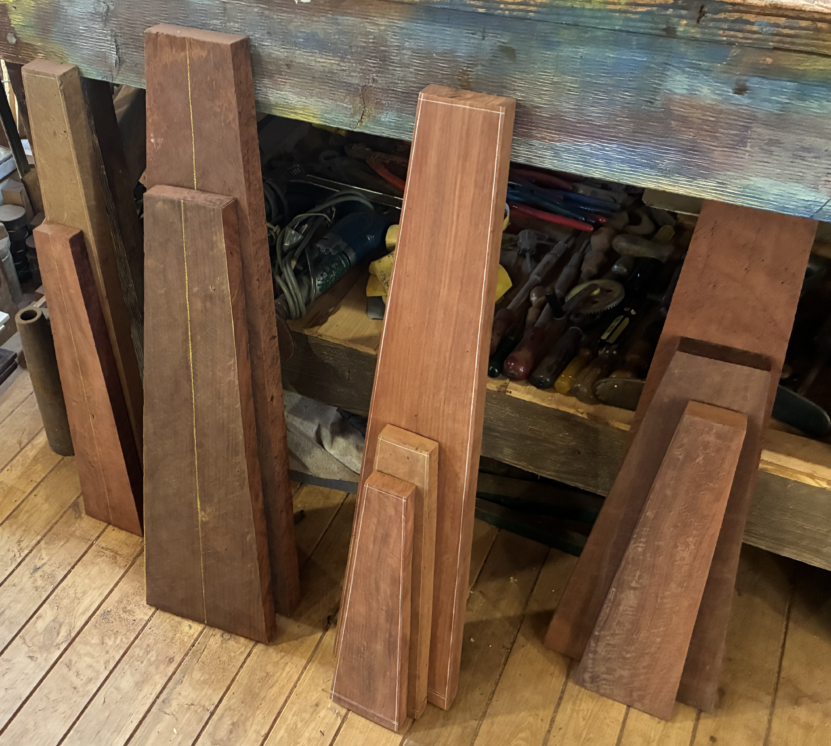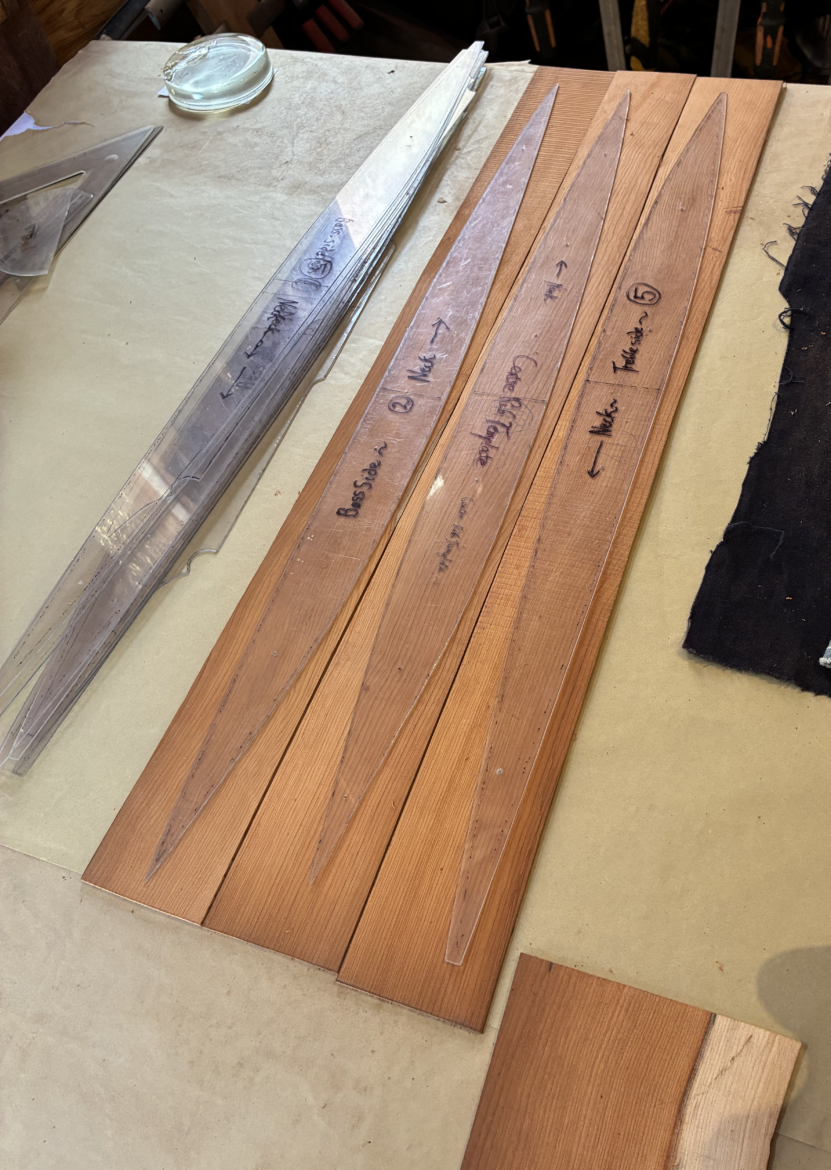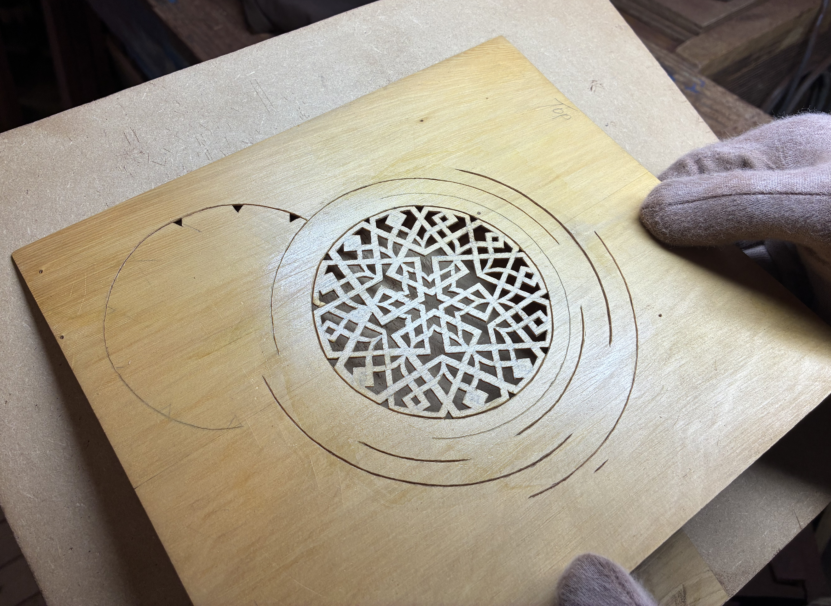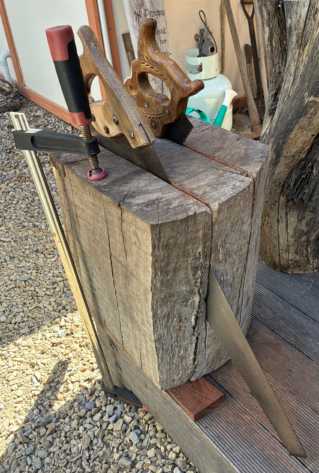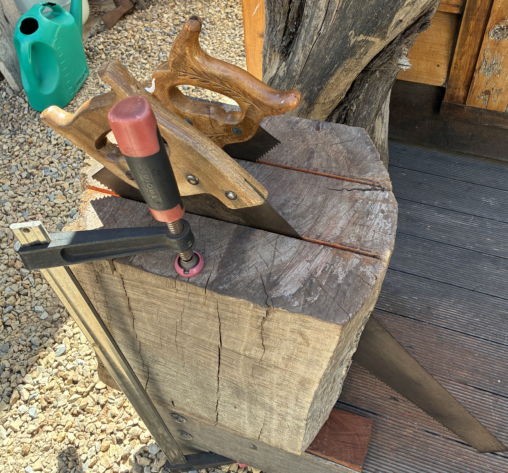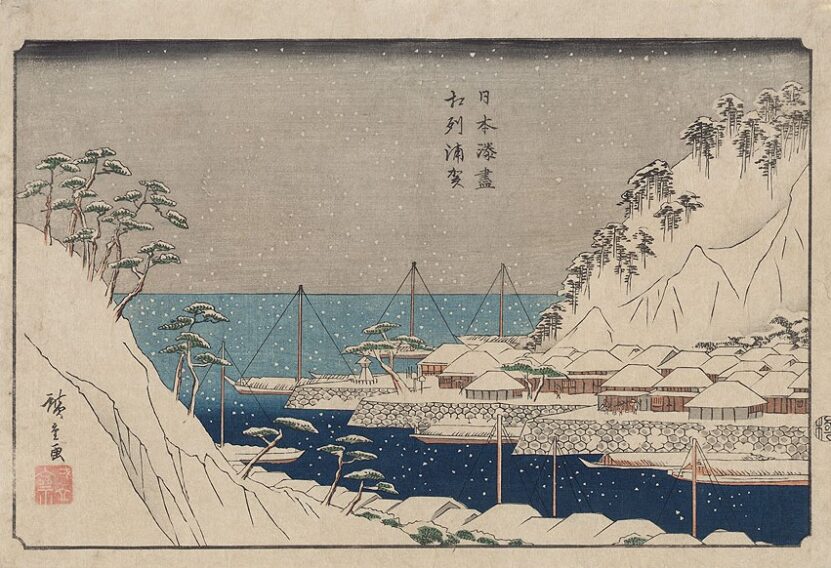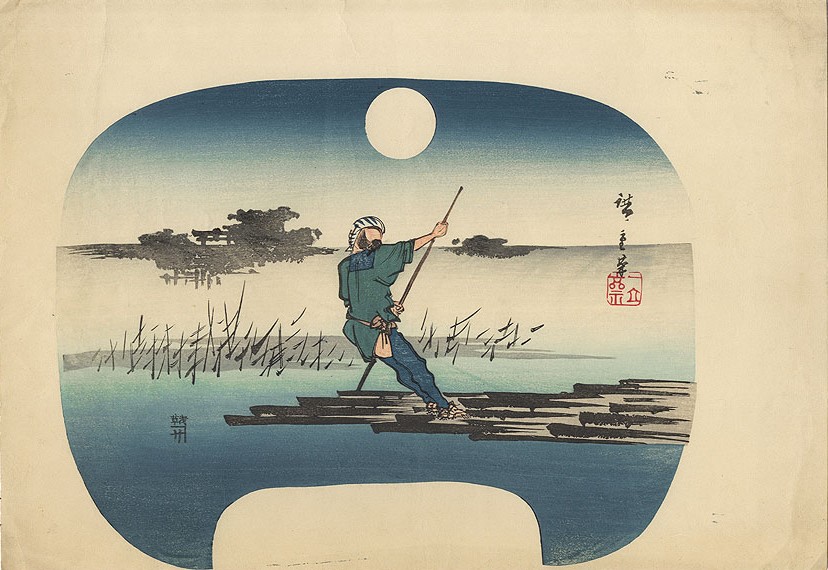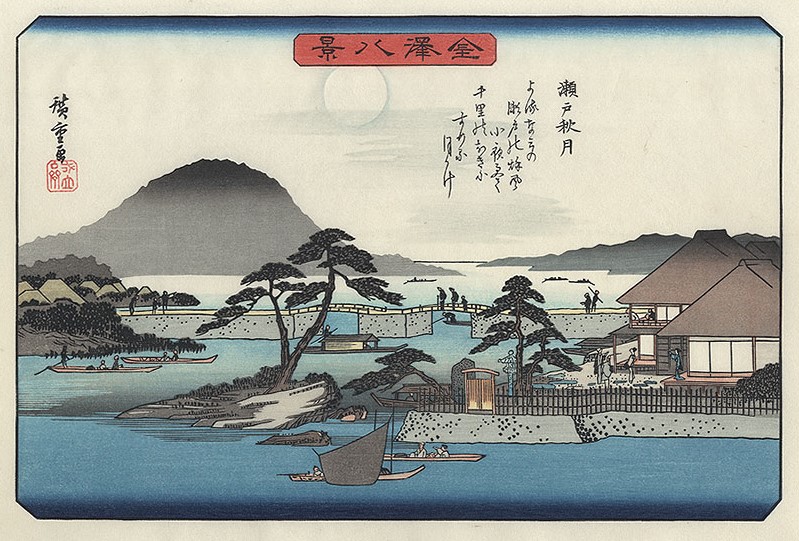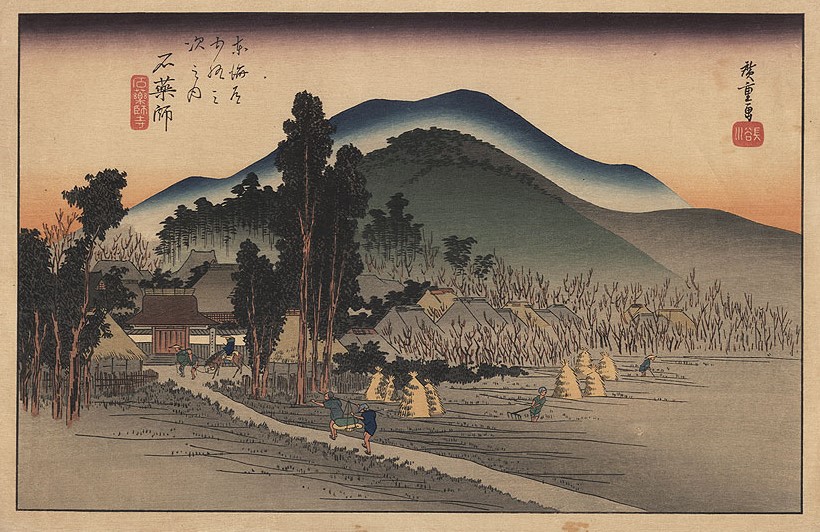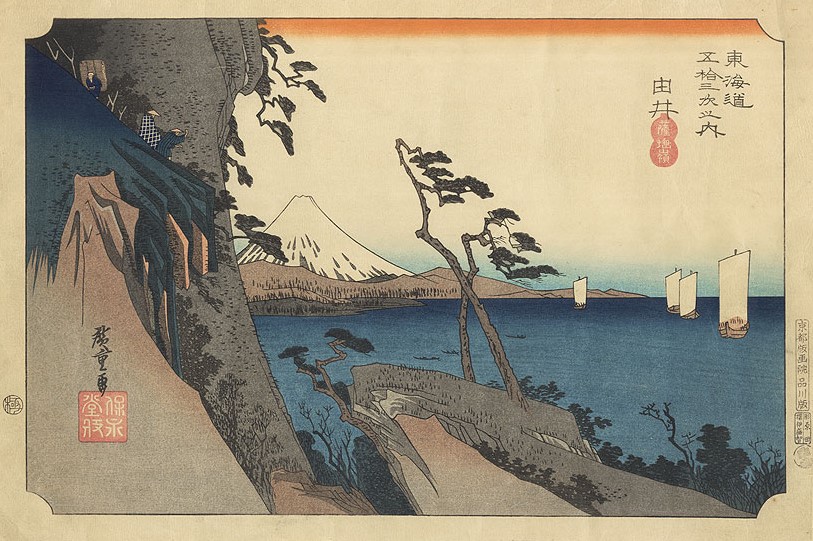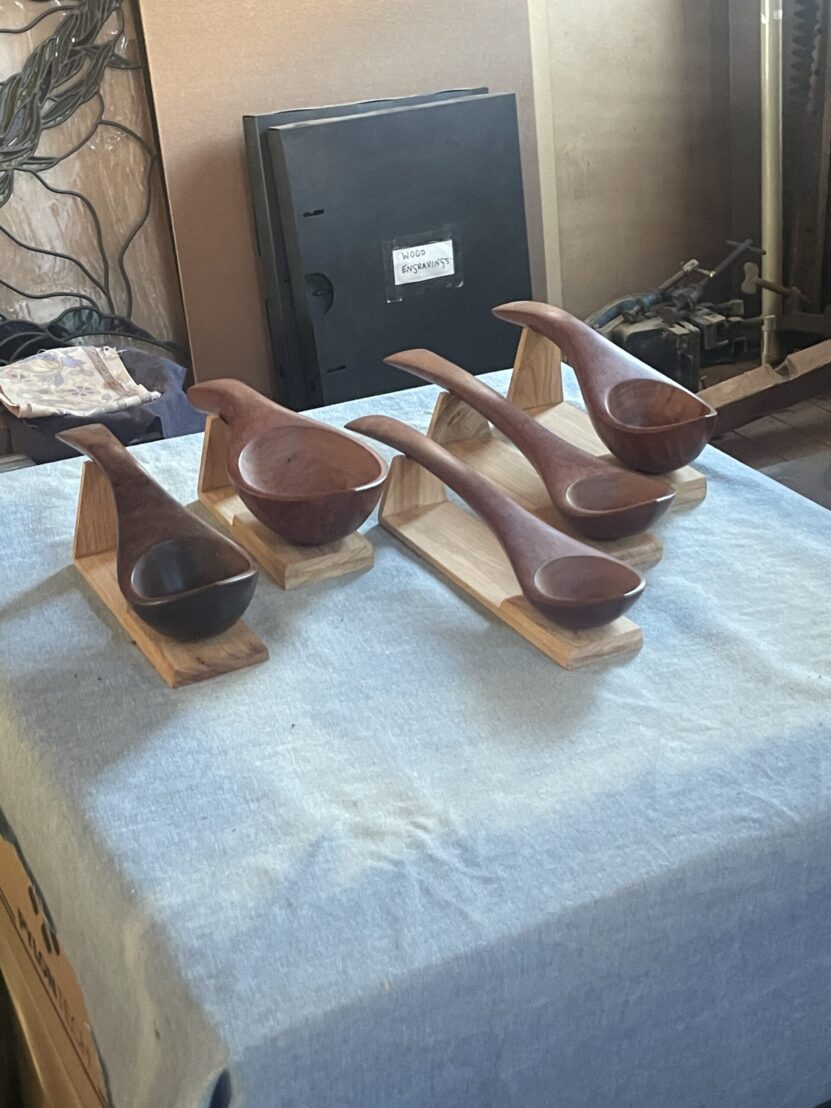Lengths and breadths of Red Gum for a series: Elder. They will be vertical low-relief sculptures, or carvings. Low relief requires strong side light – and after years of reflection, I have ‘alighted’ on an idea that might solve the problem. Or not. We shall see….
Category: Uncategorized
Yew
Circle 2
Bit by bit
This project fulfills Dad’s philosophy of ‘bit by bit’. I devote a maximum of fifteen minutes each day to the sawing of Pink Gum, the toughest wood around.
It also illustrates the associated observation: ‘less is more’.
I envisage three boat sculptures (assuming the wood is sound) – and on the way, get plenty of time to think about what might be….
